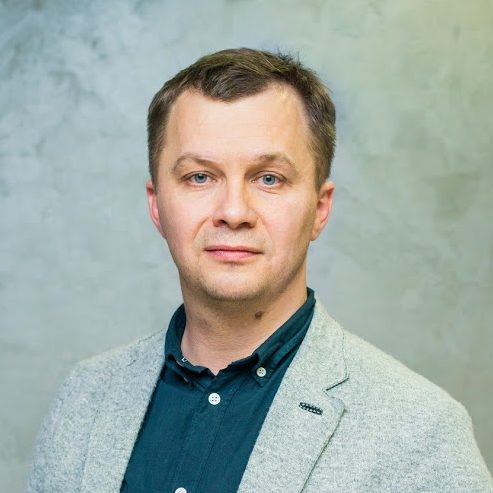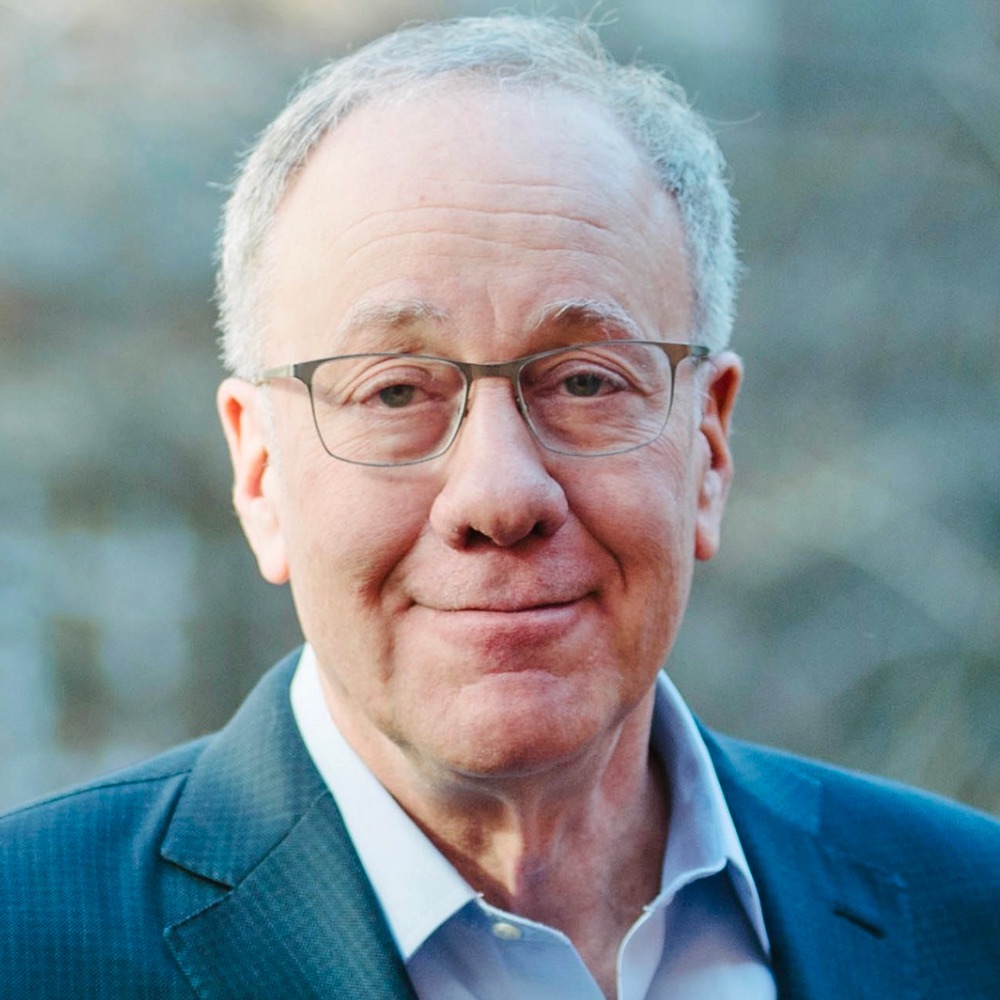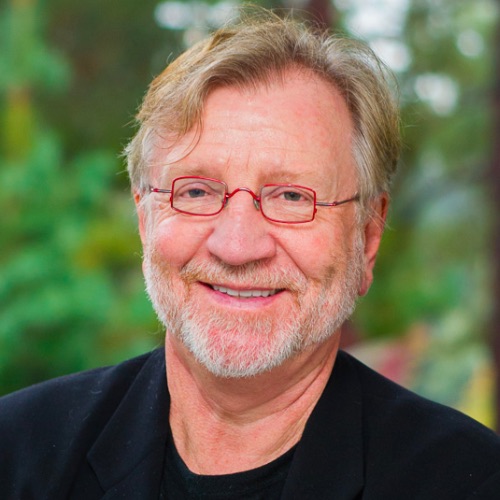Reforms for decentralization ask the highest national leaders to relinquish a part of their power, so that locally elected officials can take some responsibility for serving their communities. No political leader is ever eager to give away any part of his power, but decentralization may be the essential key on which the success of all other reforms in Ukraine will depend.
In the long run, any institution of government can be corrupted if voters cannot find a steady supply of political leaders who have demonstrated an effective ability to serve the public rather than special interests. This essential supply of proven democratic leadership can develop best in responsible institutions of local government, where local leaders who provide better public services can become strong candidates for higher offices. In a centralized state that lacks such a source of proven competitive alternatives for national leadership, the fruits of reform may be disappointing.
Since President Yanukovich was ousted in February 2014, politicians have ostensibly worked to cleanse and rebuild Ukraine’s governance structures, but their commitment to decentralization has been questionable, and the progress of reform has been slow. Some parties of the governing coalition have publicly campaigned against the coalition’s structural economic reforms or have refused to support critical legislation. Scandals, populist speeches, and public finger pointing are becoming daily routine. There are accusations of corruption among the new political elite. The public is becoming disappointed with the new government.
This brings a sense of deja vu. The Orange Revolution in 2004-2005 had renewed the composition of the country’s political leadership, but the new politicians failed to deliver the deep reforms needed, and instead spent most of their effort fighting each other, and eventually lost public support.
Ukraine must find a way to avoid repeating the failure of the Orange Revolution. Now is the time to lay foundations for sound political institutions that will foster constructive political competition and produce and protect leaders that serve the interests of the public.
The disappointing performance of national elites is only possible because they do not fear that the voters could easily replace them with someone better. Because of this lack of fear, democratic competition fails to discipline politicians against corruption. The root of the problem is that Ukraine needs a reservoir of good quality independent politicians, so that voters can have a choice among many potential leaders who can credibly promise good government in place of the incumbent national leaders. The threat of such outside political competition would discipline political elites and focus their attention on serving the public.
Creating such a reservoir of good quality politicians is one of the biggest challenges for the young Ukrainian democracy. In today’s Ukraine, any well-intentioned politician who wants to become nationally known must seek political support from one of the key players, be it the president, the prime minister, a powerful oligarch, or a leader of a political party. The circle of these players is limited and their political support is not free – it is traded for loyalty and a non-threatening mediocre political record. The incumbent political elites control the entry into the national politics, and it is in their best interest to ensure that these newcomers are not a threat.
Thus, Ukrainians today should think how national politics can be made more competitive and how society can reduce the control over entry into national politics by incumbent leaders. The political process should be transformed to create a steady supply of good and independent politicians who have proven their ability to manage public resources and provide good public service.
Good independent political leaders do not emerge out of a vacuum. Being a politician in a democracy is a complicated job. An effective politician needs to be able to listen to voters, do effective campaigns, win elections, broker political agreements that have majority support in elected councils, reject bad ideas and make good compromises, communicate relentlessly with the public to explain policies that have been decided, monitor implementation of policies, take responsibility for mistakes, and train future politicians. One should not be surprised that in the post-Soviet context and the general atmosphere of corruption that emerged in the last 25 years, talented people who wanted to serve their country did not have that many chances to learn the job of being a politician in a well-functioning democracy.
Maidan 2013-2014 offers a unique opportunity for activist members of civil society to develop experience and learn the job of being professional political leaders. By giving real powers to the local and oblast level and by having free and honest elections at these levels, one can create opportunities for hundreds of talented people to learn the job of politicians, thereby creating a pool of skilled politicians, the best of which may be chosen by voters to become future leaders of the country. Without empowering local politicians, Ukraine will not be able to mature into a well-functioning democracy, and the hopes of the Maidan to transform Ukraine in a modern European democracy may not be fulfilled.
Incumbent political leaders may object to devolving real power from the Center, since doing so limits their control over who enters local and national politics and on what terms. More political competition poses a direct threat to the interests of current political leaders. Thus, some of the most powerful people in Ukraine may be inclined to oppose and resist any real decentralization of power.
Of course, leaders will not say that they oppose a reform simply because it would reduce their power, although members of any powerful group might naturally tell themselves nobody else could be trusted to exercise their power as well as they can. Opposition to reforms will be publicly justified by focusing on potential risks and costs of the reforms.
Some might argue that decentralization could encourage separatism. But Ukrainians saw last year that vulnerability to separatism was actually increased by centralization in regions that lacked any strong local leaders willing to defend Ukraine against insurgents. Democratic decentralization would guarantee that every region has some popularly elected local leaders with real power and thus with a real stake in Ukraine worth defending.
There is a legitimate concern that local councils and governments may be taken over by oligarchs or corrupt individuals. This is always a danger in a democracy. Nevertheless, there are standard solutions to this problem. Strong national anti-corruption, security, and police forces can ensure that corrupt oligarchs and politicians are arrested and prosecuted, and that the local democratic process is clean.
In the future, as the security risks in the country decrease, the local political process will discipline politicians even without support from national law enforcing institutions. Voters can always punish elected leaders who behaved badly, and accountability to voters will create incentives for elected leaders to behave better. Ultimately the best defense against corrupt local oligarchs is a functioning system of local democracy that makes responsible local officials accountable to local voters.
But the benefits of local accountability go further than that. When politics is decentralized, voters can compare the performance of elected leaders in their region with the performance of elected leaders in other regions. This will make voters even more demanding of elected politicians. This indirect competition gives an additional incentive for elected leaders to behave well.
Last but not least, as discussed above, experience of democracy at the local level provides a very good preparation for leadership at a higher level of power. In the United States, many presidents and candidates for presidency have had prior experience as governor of a US state. Being a governor provides experience of executive leadership. Most importantly, voters can select, among various candidates, ones who performed better than others in local government. This should be also true for Ukraine. Decentralized politics should thus not only increase accountability of local officials, but should also develop strong candidates for higher office who prove their qualifications even as they serve their communities.
The Verkhovna Rada has issued a draft decentralization reform bill for broader discussion and evaluation. People may debate whether the bill’s provision for powerful centrally-appointed prefects is a prudent defense against rogue local councils or a mechanism for maintaining central control with an appearance of decentralization. Ultimately, the citizens of Ukraine must judge what is the best way to make Ukrainian politics more competitive and Ukrainian politicians more accountable.
But the debate on decentralization should not be dominated by only by voices with a vested interest in central power. In the local elections that are planned for later this year, candidates for local office should offer their perspectives on proposed decentralization reforms. As local and national politicians debate alternative decentralization plans, voters in Ukraine should look for an appropriately balanced distribution of power between their elected national officials and their elected local officials. In such a balance, the national government must maintain supreme power to serve and protect the broad interests of the entire country, but locally elected leaders should be given some real power to serve the needs of their communities. The national leaders who support such decentralization, even though it may reduce some of their powers, will greatly deserve the gratitude of the nation.
Decentralization Week
- Polish Experts Criticize Ukraine’s New Decentralization Law (graduate of the National University of Kyiv-Mohyla Academy and of the Autonomus University of Madrid)
- Hlib Vyshlinsky: It is Important to Understand What Features of the Decentralization are the Key for Emergence of New Political Leaders (Hlib Vyshlinsky, Executive Director, Centre for Economic Strategy)
- Decentralization vs. Anti-Centralization (Oleh Zahnitko, Gide Loyrette Nouel)
- Sergei Guriev: Decentralisation will Not Work As Long As Large Companies Remain in Government Ownership (Sergei Guriev, Professor of Economics, Sciences Po, Paris)
- Struggle For The Constitution Is Going On (Appeal of Vice Speaker Oksana Syroid about the proposed amendments to the Constitution of Ukraine)
- Viktoria Sumar: Terms Require Greater Concentration of Power in President’s Hands(Viktoria Sumar, MP of Verkhovna Rada (8th convocation), fraction of political party “People’s Front”)
- Yuriy Hanushchak: Naively to Expect a Breakneck (Rapid) Disappearance of Local Oligarchs Due to the Efforts of Law-Enforcement Agencies (Yuriy Hanushchak, a Director of the Institute of Territorial Development and expert in issues of decentralization of power)
- Georgy Egorov: the Central Government Should Have the Authority to Intervene with Force (Georgy Egorov, Kellogg School of Management, Northwestern University, USA)
- Opinion on the Draft Law Amending the Constitution of Ukraine Submitted by Oksana Syroyid (Oksana Syroyid, deputy speaker of the Verkhovna Rada of Ukraine, member of the constitutional commission)
- Paul Gregory: Ukraine Must be Concerned by the Sabotage of Elections by Russian Money and by Russian Special Operations (Paul Cregory, Hoover Institution, Stanford and University of Houston)
- Andrei Kirilenko: There is a 500-Year-Old History of Formal Self-Governance in Ukraine (Andrei Kirilenko, MIT Sloan)
- Smart Decentralization: a Bottom-up Path Toward Functioning Institutions and Economic Prosperity (Mark Bernard, Assistant Professor of Economics, Goethe University Frankfurt, Germany)
Attention
The authors do not work for, consult to, own shares in or receive funding from any company or organization that would benefit from this article, and have no relevant affiliations





